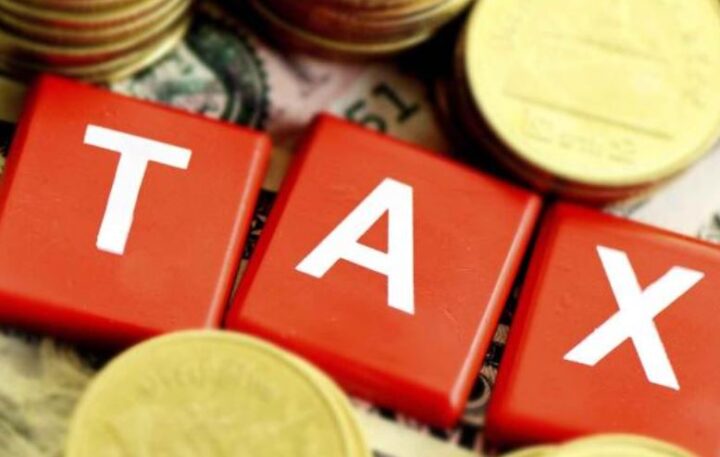The Organisation for Economic Co-operation and Development (OECD) and Nigerian representatives have outlined how the country can maximise the benefits of two-pillar tax solution.
The recommendations were made at a workshop held on April 4 and 5, 2023, jointly organised by the OECD and the Federal Inland Revenue Service (FIRS) to sensitise stakeholders on the concept.
The workshop’s outcome were presented in a communiqué issued on Thursday, jointly signed by Muhammad Nami, executive chairman of FIRS; and Ben Dickinson, the OECD representative.
The two-pillar solution, a proposal by the OECD inclusive framework, is a set of rules endorsed by 138 countries across the world as a uniform solution to the tax challenges of the digitalised economy, as well as base erosion and profit shifting (BEPS).
Advertisement
According to the proponents, ‘pillar one’ creates new taxing rights for market jurisdictions, irrespective of physical presence of multinational enterprises (MNEs).
The second ‘pillar’, on the other hand, enforces a global minimum corporate income tax rate of 15 percent by adopting the income inclusion rule and the undertaxed payments rule, both known as the GloBE — global anti-base erosion — rules.
Last year, Nigeria, despite actively participating in the process of developing the rules, refused to endorse the October 1 statement on two-pillar solution, citing concerns that the threshold was too high to bring MNEs within the scope of its taxes.
Advertisement
But after a critical review of the rules, stakeholders at the recent meeting resolved that “there is the need for Nigeria’s continued participation in the rule development, as a member of the inclusive framework, to ensure that the interest of the country and Africa is factored into the design and development of the rules”.
They said the rules as developed, especially the global minimum tax rules of 15 percent effective rate, would impact on the country’s tax base and fiscal policy options — whether or not Nigeria endorses the statement of October 2021.
Consequently, the meeting observed that there was a need for Nigeria to immediately implement fiscal policy measures to address these potential impacts.
“In light of this, there is a need to commence immediate implementation of fiscal policy measures around the global minimum tax rules, in view of the fact that other jurisdictions around the world have commenced implementation of measures that will enable them reap top-up taxes allowed under the rules, which will be to the detriment of Nigeria from 2024, if no step is taken,” the statement reads.
Advertisement
“There is also an urgent need to review and streamline Nigeria’s tax incentives, as the rules will have the impact of allowing other jurisdictions to mop up taxes not collected in Nigeria due to tax incentives.
The stakeholders also observed that Nigeria could implement and reap the benefits of ‘pillar two’, even where it does not wish to implement ‘pillar one’.
“Effective implementation of ‘pillar two’ rules holds significant potential for increased tax revenue to fund government programme, boost the economy, and keep Nigeria as an attractive investment location,” they said.
RECOMMENDATIONS BY OECD-NIGERIA MEETING
Advertisement
According to the statement, stakeholders within the country were urged to commence internal engagements and “draw up a national strategy for immediate streamlining of its tax incentives to avoid ceding its tax base to other jurisdictions, owing to the implementation of ‘pillar two’ rules”.
“Nigeria should take immediate steps to forge and implement tax policy options in response to ‘pillar two’, which action may include, but not limited to, changing its income tax rule to bring up its effective tax rate to a minimum of 15 percent or introducing a qualified domestic minimum top-up tax (QDMTT),” the statement further reads.
Advertisement
“Nigeria should continue to participate in the rule development as a matter of importance to protect national interest as well as make sense of the rules in order to point the way for necessary policy response.
“Nigeria should explore the effective implementation of ‘pillar two’ rules for increased tax revenue generation to fund government programme, boost the economy and keep Nigeria as an attractive investment location.”
Advertisement






